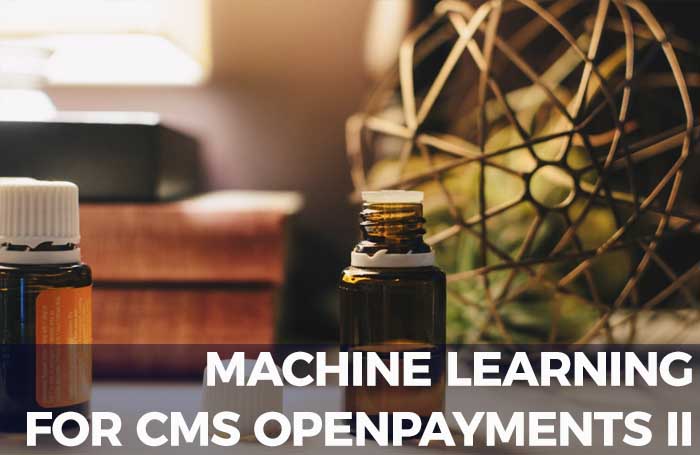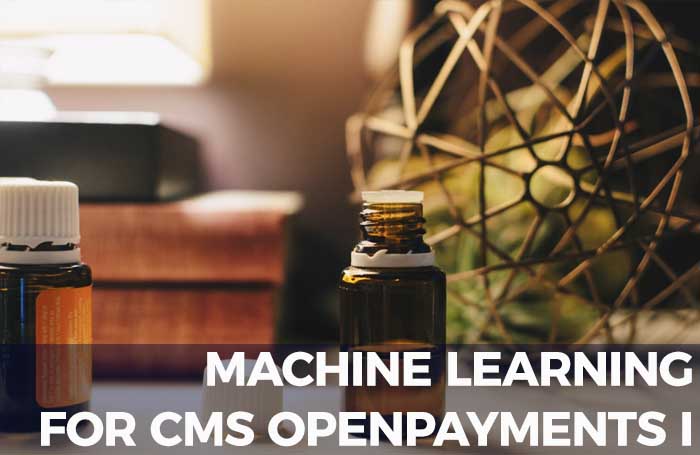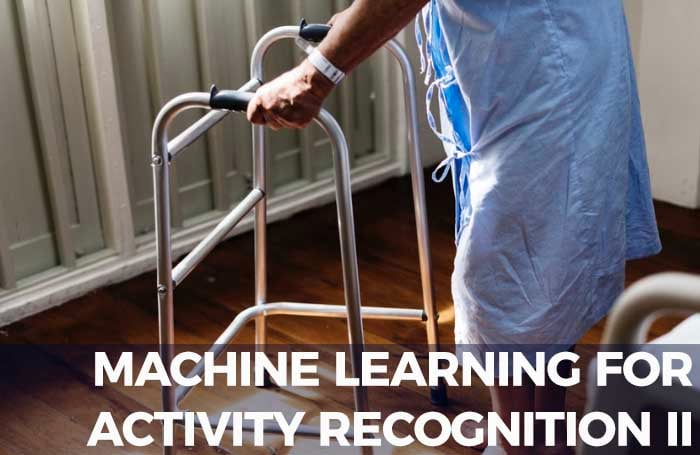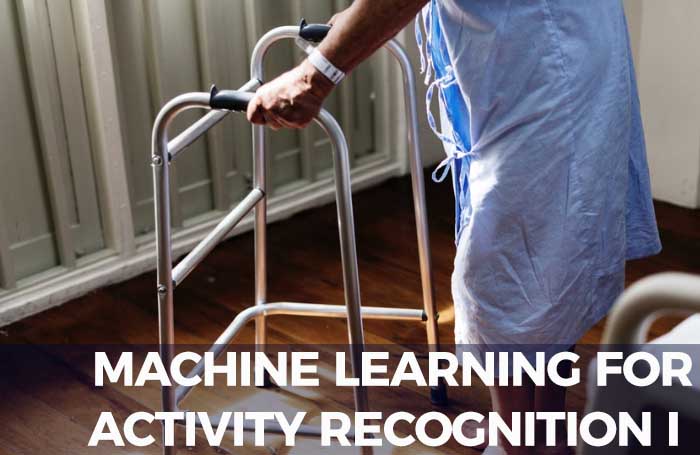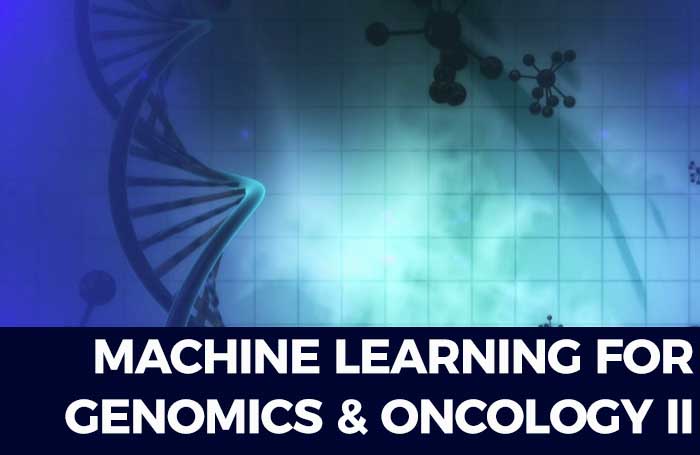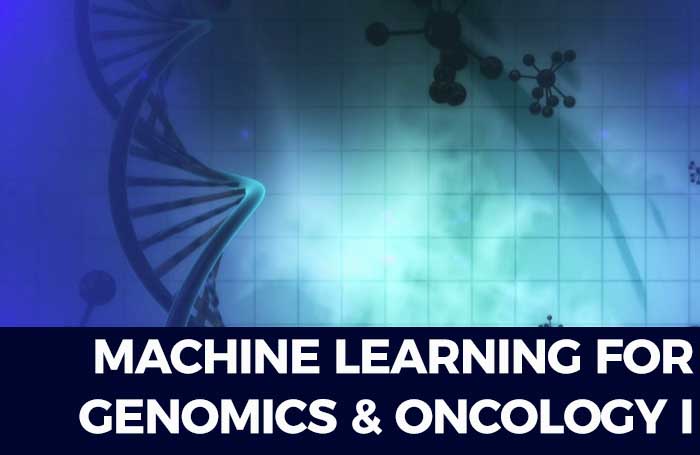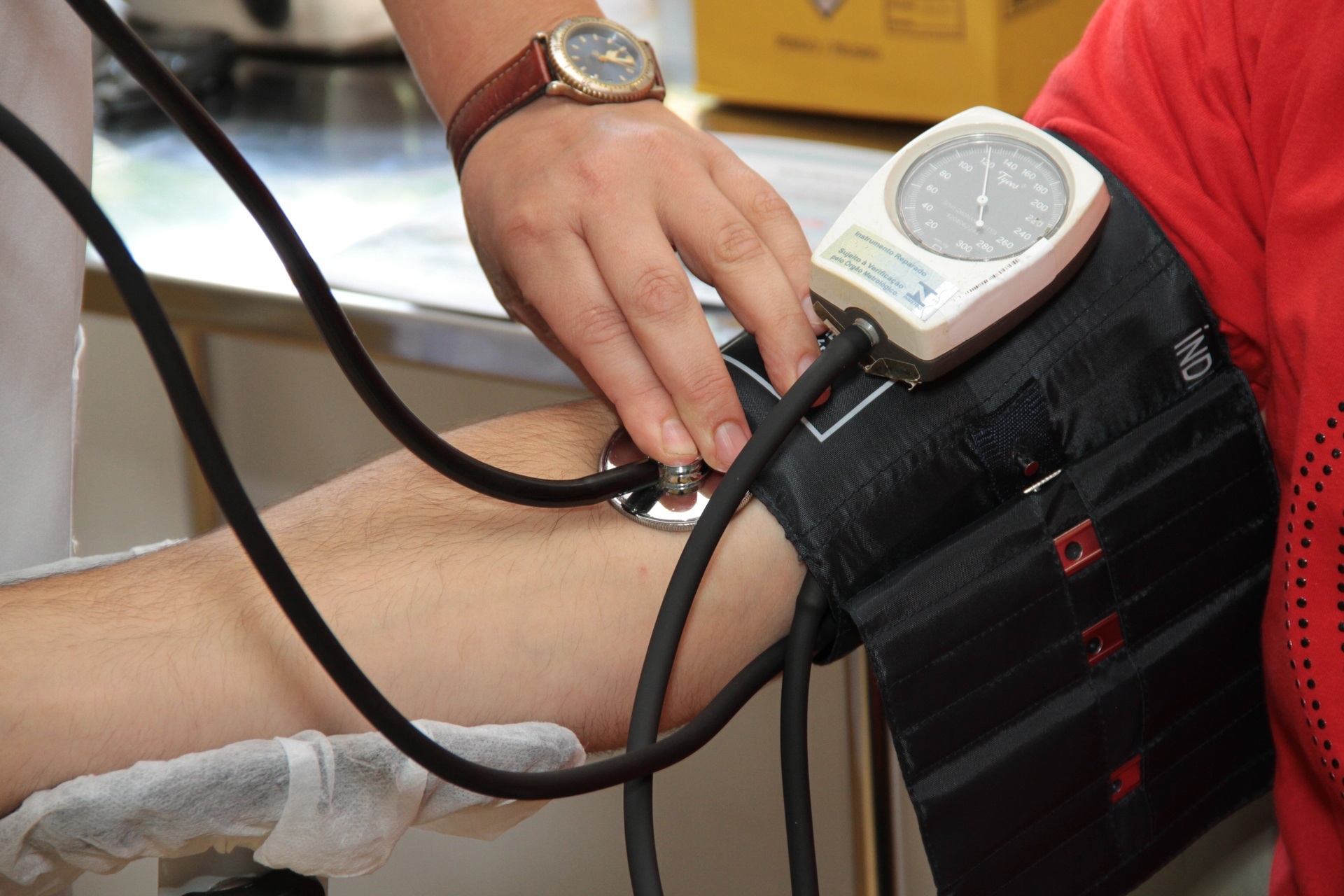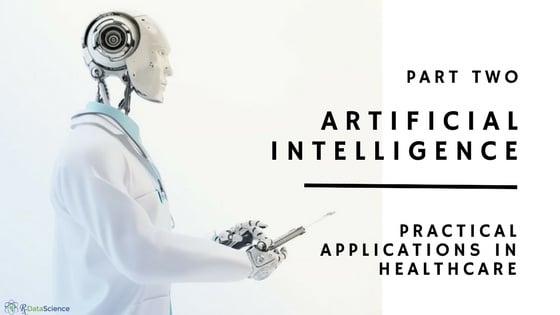Introduction to CMS OpenPayments Data Analysis using Machine Learning
In the previous blog we discussed the fundamental concept of what Machine Learning is and how it can be applied in the modern world of Pharmaceuticals and Healthcare, further to this we explored CMS Open Payments, the federal program that collects information about the payments drug and device companies make to their potential clients.
(more…)

